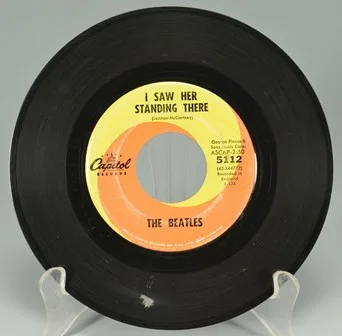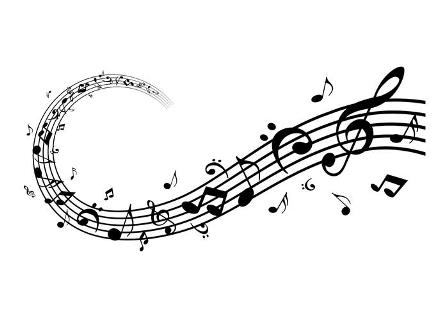Is there a song that defines who you are? Have you ever heard a song in your younger years, but it took decades to figure out why it means so much? My answer to both those questions can be found in one song, Melissa Manchester’s “Home to Myself.” It took thirty years after first hearing it, but I can now say with certainty that this song perfectly describes an important part of who I am. I’m an introvert.
Introverts have gotten a bad rap in our hyper-social culture, with extroverts seeming to have an edge in everything from career advancement to establishing friendships. I bought into this belief at a young age and before I became a writer all my jobs took place in busy work environments: counselor at an overnight camp, teacher in an elementary school, traveling deejay for large celebratory events, and my long career supervising teenagers and young adults in recreation programs. Those jobs required me to be engaging for extended periods of time. Day after day, year after year. All with a smile on my face.
My life of active community work eventually took its toll, and in the final years before I retired, around 2010, I was in rough shape. A friend who’d had a similar health scare described what I was going through as a “breakdown of my nervous system,” which sounded kinder than suggesting I was in the middle of a nervous breakdown. No matter how I described it, though, I couldn’t deny my symptoms: I tired easily, kept losing my train of thought, and had trouble problem solving my staff’s needs. Whenever possible, I’d escape to nature, walking among trees and listening to the sound of nothing.
One day, when complaining about my overstressed life, a friend asked, Have you ever thought you might be an introvert?
I was shocked at her suggestion and couldn’t immediately respond. Being an introvert sounded so tragic, so wrong. But after contemplating her question, I had to admit it felt right. I started to look back over my always-on-the-move life and remembered how being in large crowds made me feel trapped. As often happens when I’m trying to figure out a difficult situation, a song popped into my mind. Click to hear “Home to Myself.”
I owe ever hearing “Home to Myself” to a friend I lived with back in the 1980s. I didn’t care much for Melissa Manchester at the time; her radio-friendly songs like “Don’t Cry Out Loud” and “Midnight Blue” seemed overproduced and overly dramatic. But my housemate was an FM radio deejay, a job that introduced her to lots of music beyond Top 40, including an earlier folk-based album by Melissa with the song “Home to Myself.” I can’t remember if my housemate actually shared the song with me or if I overheard it playing on her stereo, but there was something about the words—I couldn’t have explained it back then—that was comforting.
I wake up and see
the light of the day
shining on me
Make my own time
it's mine to spend
Think to myself
my own best friend
It's not so bad all alone
comin' home to myself again…
Flash forward thirty years, when I contemplated my friend’s suggestion of introversion. Putting it in context with the lyrics to “Home to Myself” was like finally finding the key to a locked door. Yes, I realized, I’m an introvert.
I began to research what being introverted meant, with a couple books proving to be particularly helpful: Quiet: The Power of Introverts in a World that Can’t Stop Talking, by Susan Cain; and The Introvert’s Way: Living a Quiet Life in a Noisy World, by Sophia Dembling. Those books helped me understand why I need significant amounts of alone time. Instead of thinking of myself as we introverts are often seen—hermits, reclusive, odd—I learned that introversion is simply the way I prefer to live life. I have no desire to permanently escape from the world and I’ve learned how to manage my work schedule and enjoy meaningful relationships, but after a long day, literally and figuratively I want to come home to myself.
Now I understand whatever I feel is whoever I am
Watching my life and how its grown
Looking on back to friends I've known
It’s not so bad all alone
coming home to myself again…
For me, being an introvert doesn’t just kick in at the end of the day. Since starting my writing career, I’ve discovered the joy of working alone. On days when that isn’t possible, I find I manage better by grabbing quiet time when and where I can to recharge my batteries. If I’m attending an overnight conference or retreat, I spring for a single room rather than share one with someone who likes to chat their way to sleep. When meeting a friend at a restaurant, I take time to find its quietest corner.
And on the days when it feels like life is crowding me, I have Melissa’s song to remind me that it’s okay to create the space I need.
…Something inside
keeps making me strong
and in the bad times
I'll get along
'cause it's not so bad all alone
comin' home to myself again
I'm comin' home…
?
What song defines your personality?












